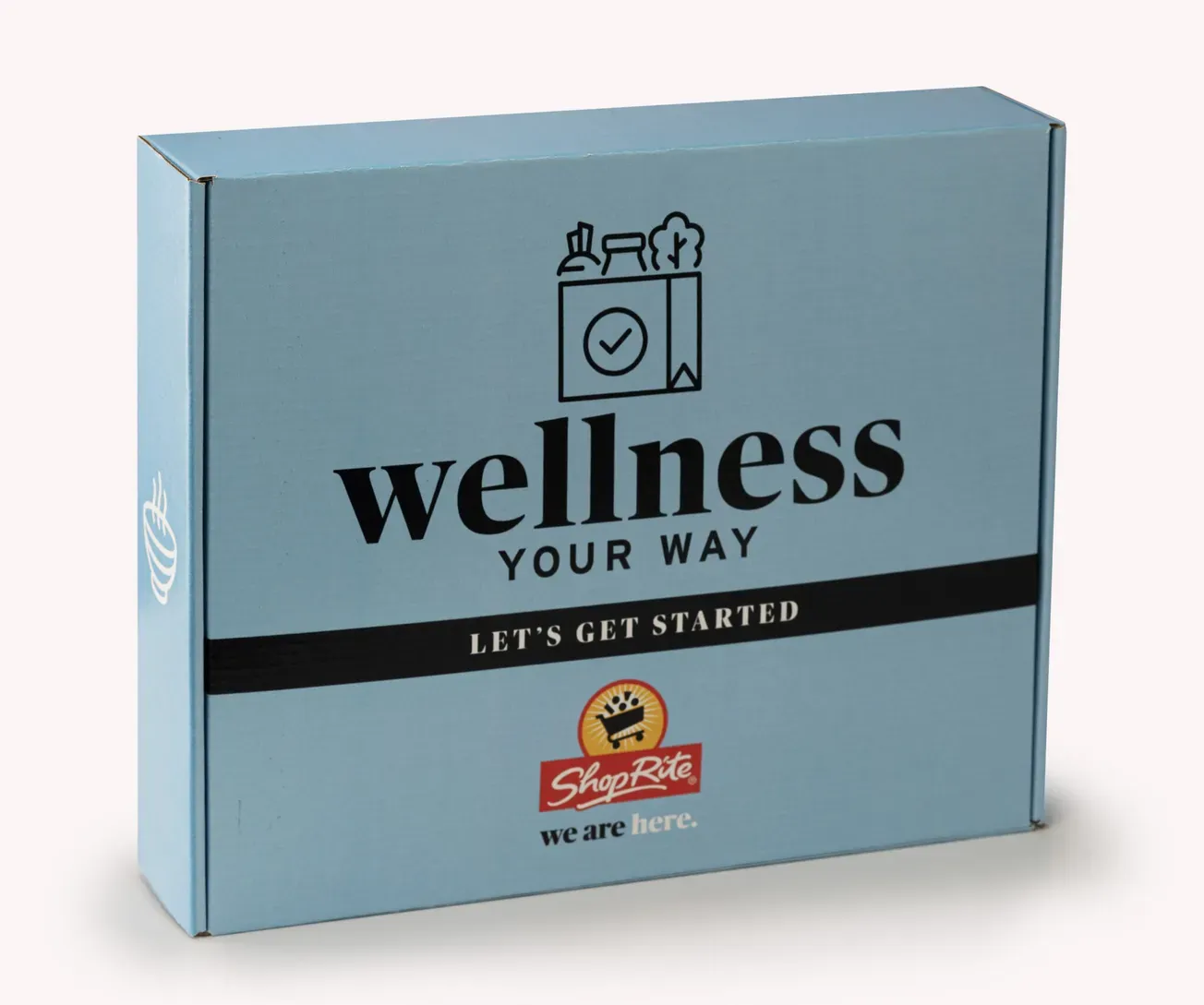PHILADELPHIA — Rite Aid Corp. reported a narrower first quarter loss than analysts had projected, and beat revenue forecasts.
The company posted an adjusted loss per share of 73 cents, which was much better than Wall Street’s estimated loss of $1.50. Revenue for the period ended June 3 dipped to $5.65 billion from $6.02 billion a year earlier but topped the $5.32 billion predicted by analysts.
“Our first quarter results were driven by strong script growth, solid pharmacy margins and early progress with our turnaround program, which offset underperformance on front-end sales in the Retail Pharmacy Segment and a higher-than-expected medical loss ratio at Elixir Insurance,” said Elizabeth “Busy” Burr, interim chief executive officer. “To help mitigate this, we are making targeted reductions to SG&A [selling, general and administrative expenses] and capital expenditures over the remainder of the year. Importantly, we made good progress on turnaround initiatives across key areas of the business, and we continue to believe we are on track to achieve adjusted EBITDA growth in fiscal years 2025 and 2026.”
The company reported a net loss of $306.7 million, or $5.56 per share, an adjusted net loss of $40.1 million, and adjusted EBITDA of $91.7 million, or 1.6% of revenues. The net loss widened from last year’s first quarter net loss of $110.2 million, or $2.03 loss per s
hare. The increase was primarily due to a noncash charge to write down Elixir goodwill, driven by performance in Elixir Insurance’s Individual Part D Plan and the company’s decision to exit the Individual Part D market beginning in January 2024. Other factors contributing to the higher net loss were higher restructuring-related charges, a lower gain on sale of assets, higher interest expense and a decrease in adjusted EBITDA. These were partially offset by decreased facility exit and impairment charges.
Revenue slipped largely due to the reduction in the company’s Prescription Drug Plan (PDP) membership and the loss of commercial clients at Elixir. The reduction in revenues was partially offset by an increase in Retail Pharmacy Segment revenues, driven by an increase in pharmacy sales.





